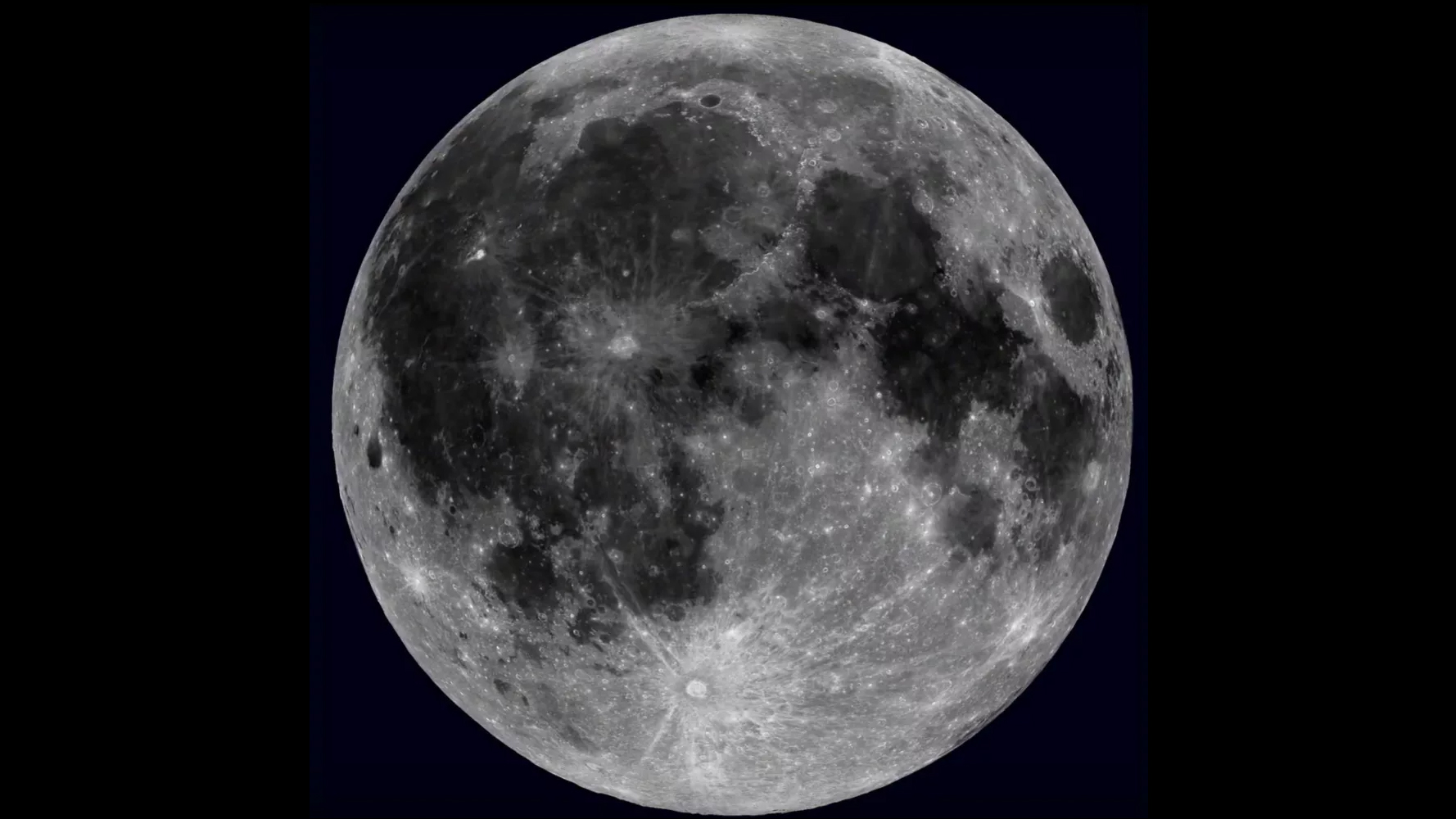Turkey aims to send a rocket to the moon in three years, land lunar rover by 2030

Turkey plans to send a rover to the moon by the end of the decade using a domestically built rocket engine that will first fly to the moon in a test mission in 2023.
Speaking at the Global Space Exploration Conference (GLEX) 2021 in St. Petersburg, Russia, on Tuesday (June 16), Serdar Hüseyin Yildirim, president of the Turkish Space Agency (TUA), discussed details of the country's space program, which was officially unveiled by Turkey's President Recep Tayyip Erdogan in February this year.
The rover, which will be launched in 2028 or 2029, according to Yildirim, will land softly on the moon and collect scientific data on its surface.
Related: The United Arab Emirates' Hope mission to Mars in photos
The rocket that launches the moon rover will be domestically built, using a hybrid engine that is currently being developed in Turkey, Yildirim said. To help make sure it's ready for the rover launch, a prototype of the rocket will fly to the moon in late 2023, if all goes according to plan.
"We intend to use our own engine to reach the moon," Yildirim said. "But for this phase, our spacecraft will be brought to low Earth orbit with an international collaboration."
According to a report by the Turkish Anadolu Press Agency, the 2023 mission will make a rough landing on the moon, which will help Turkish engineers to gather data for the soft landing in the late 2020s.
Get the world’s most fascinating discoveries delivered straight to your inbox.
Turkey also plans to send a Turkish citizen to the International Space Station in the coming years to conduct scientific experiments.
"We are trying to finalize our negotiations with the parties," Yildirim said. "In a few months they will be finalized, and we'll start the training process."
Turkey's National Space Program, published in February this year, also foresees the establishment of a local Turkish spaceport and the development of a domestic regional positioning and timing satellite system.
Turkey launched its space agency in 2018. According to the website of German broadcaster Deutsche Welle, the move was criticized at the time, as it took place amid an economic crisis. Supporters, however, claim the space program can motivate researchers and scientists to stay in the country instead of seeking opportunities abroad.
Details of the space program's budget have not yet been revealed.
The space program will allow Turkey to join an exclusive club of only a handful of countries capable of pulling off complex space exploration projects on their own. The announcement of the space program in February took place on the same day that the Emirates Mars Mission, of regional rival United Arab Emirates, successfully entered orbit around the Red Planet.
Follow Tereza Pultarova on Twitter @TerezaPultarova. Follow us on Twitter @Spacedotcom and on Facebook.

 Live Science Plus
Live Science Plus






